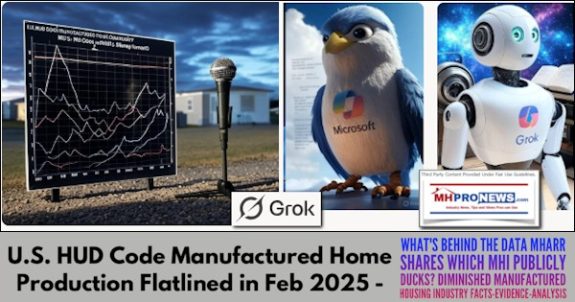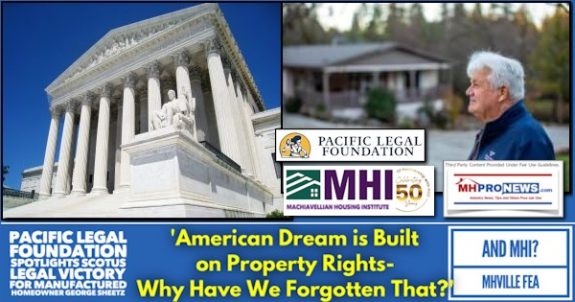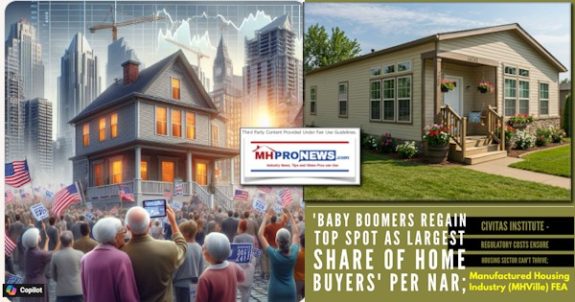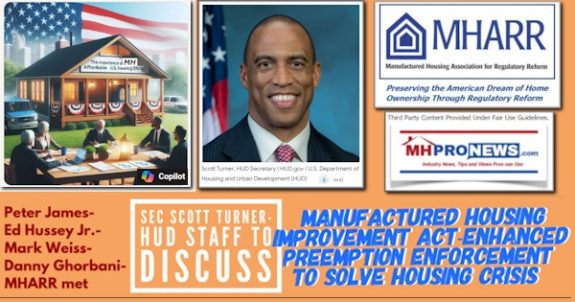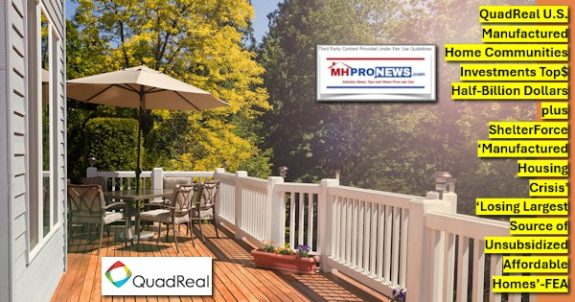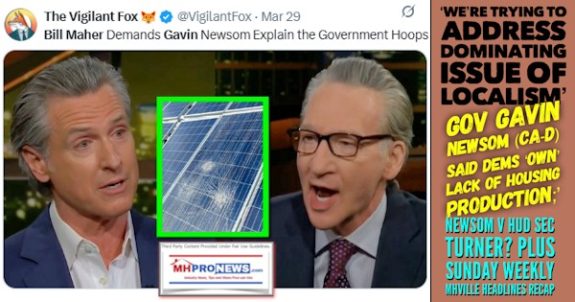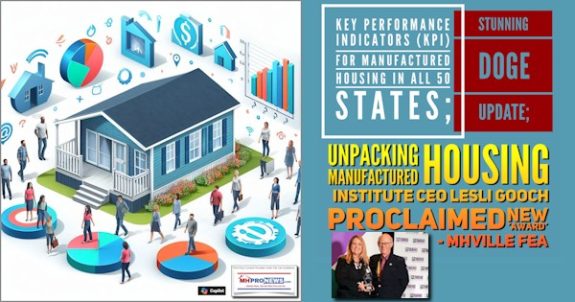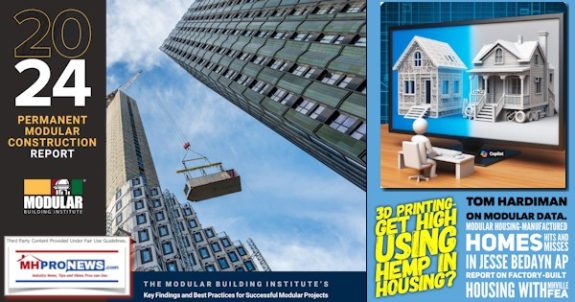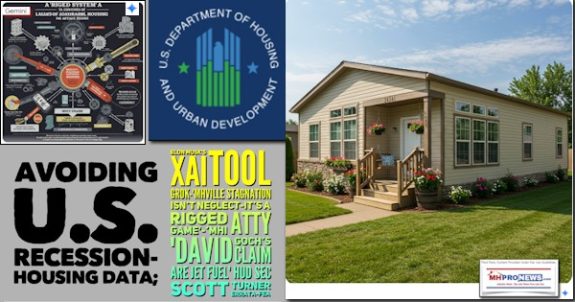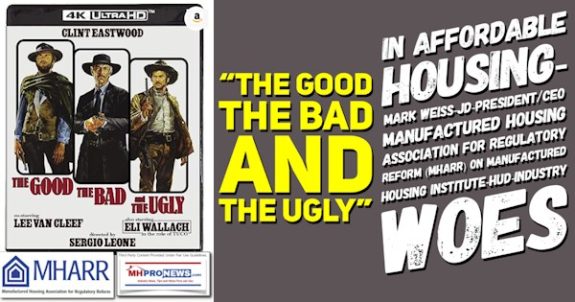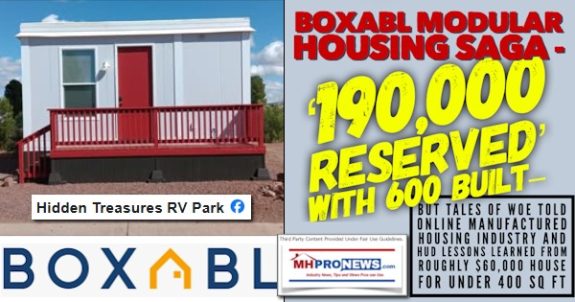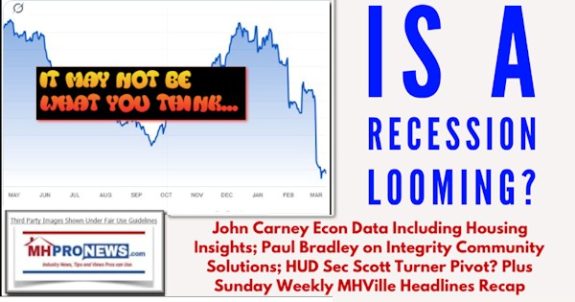2011 has gotten off to a quick start for MHI and the industry in Washington, DC as we work with a new Republican House of Representatives and a more compromising Democratic Administration. Already we have made substantial headway in dealing with financial reform, energy issues, and HUD regulatory issues. These are all important issues that all industry members must pay attention to and play an important role.
Now in full control of the House of Representatives, Republicans have made reining in regulations and laws initiated by the Democratic Congress and Administration a priority. Many experts and policymakers are anticipating that businesses should expect to see a slower process in implementing new regulations over the next two years. If this holds true, it bodes well for the industry.
This process got a head start late last year, when MHI was one of 150 top Washington, DC trade associations to receive a request from Congress to report on existing or proposed regulation that would adversely affect the business sector and impact job creation. In our report, MHI focused on critical issues such as: 1) Dodd-Frank and SAFE Act regulation, 2) reestablishing manufactured housing as a priority at HUD including the importance of a non-career administrator, 3) lack of GSE implementation on the “duty to serve” manufactured housing, and 4) barriers that dual oversight on energy standards from two separate federal agencies (HUD and Dept. of Energy) will have on housing affordability.
As MHI has widely reported, the main industry priority this year at the federal level is continued pressure to scale back financial regulations enacted last year (referred to as the Dodd-Frank bill) which amended a number of consumer finance laws and adds new requirements on residential mortgages, including limitations on origination activities, high-cost mortgages and appraisals. Included in this is a strong effort to correct the unfair effects the SAFE Act is having on our businesses.
Many other industries are also attempting to do the same thing we are doing, but no one is looking out for the interests of manufactured and modular housing other than MHI. We are seeking amendments to the Dodd-Frank law which would keep good regulations in place for our industry, but get rid of those that are inappropriate and job-killing regulations. MHI has drafted legislation which we need Congress to pass, and we need your help to do this. This is an issue everyone should care about and get involved in. Making it harder for retailers, community owners, and consumers to buy and sell homes affects every market segment in the manufactured housing industry.
MHI is also very focused on the federal government agencies that regulate our industry. For thirty-five years the manufactured housing industry has met federal building codes and standards regulated by HUD as required by the Federal Manufactured Housing Construction and Safety Standards Act of 1974. In 2000, the Manufactured Housing Improvement Act made important revisions to the law to improve the affordability and availability of manufactured housing.
A strong and healthy manufactured housing program must always be a priority within HUD. In the 2000 Act, Congress stipulated the appointment of a non-career administrator to oversee the Office of Manufactured Housing, however this appointment has not been filled since 2004. MHI has gone on record many times that the appointment of a non-career administrator was a centerpiece of the law, and should be filled. MHI also believes increased Congressional oversight of the manufactured housing program office would be beneficial in ensuring that manufactured housing and the customers we serve and the individuals we employ are a priority.
This year, MHI is focused on maintaining HUD’s role regulating manufactured housing. We need to be regulated by one federal agency overseeing all aspects of home construction and safety standards. However, with the U.S. Department of Energy now regulating our energy building standards, the industry is now forced to deal with government expansion of two federal agencies regulating our construction. The need to streamline the regulatory enforcement process under the auspices of a single, cognizant agency, i.e. HUD, is imperative. A single regulator overseeing a single national preemptive code plays a major role in allowing our industry to build homes economically, a cornerstone in our efforts to keep housing affordable. MHI is drafting legislation that would make this happen.
MHI is an industry trade association that relies on membership support. If your company is not a direct dues paying member of MHI, call us today at (703) 558-0668 to learn more about how to join, or email tlong@mfghome.org if you would like to learn more about our government relations efforts and how you can play a role.
###
Thayer Long is Executive Vice President of MHI, the preeminent national trade association for manufactured and modular housing industries, representing all segments of the industries before Congress and the Federal government. From its Washington, D.C. area headquarters, MHI actively works to promote fair laws and regulation for all MHI members and the industry. He can be contacted directly at (703) 558-0678. For more information on MHI, visit www.manufacturedhousing.org













